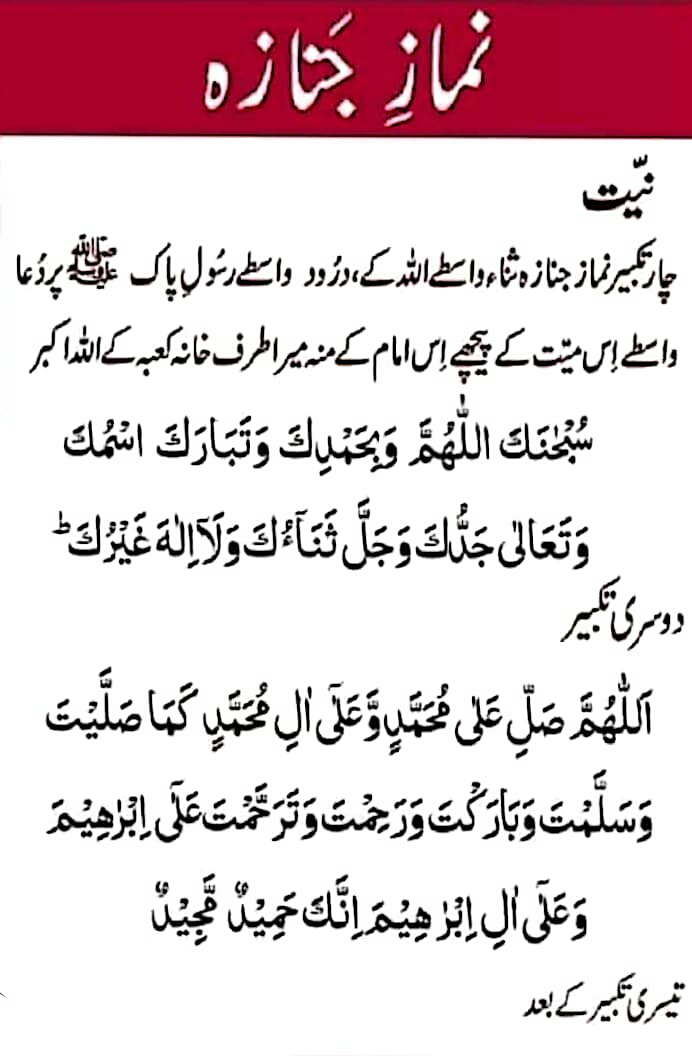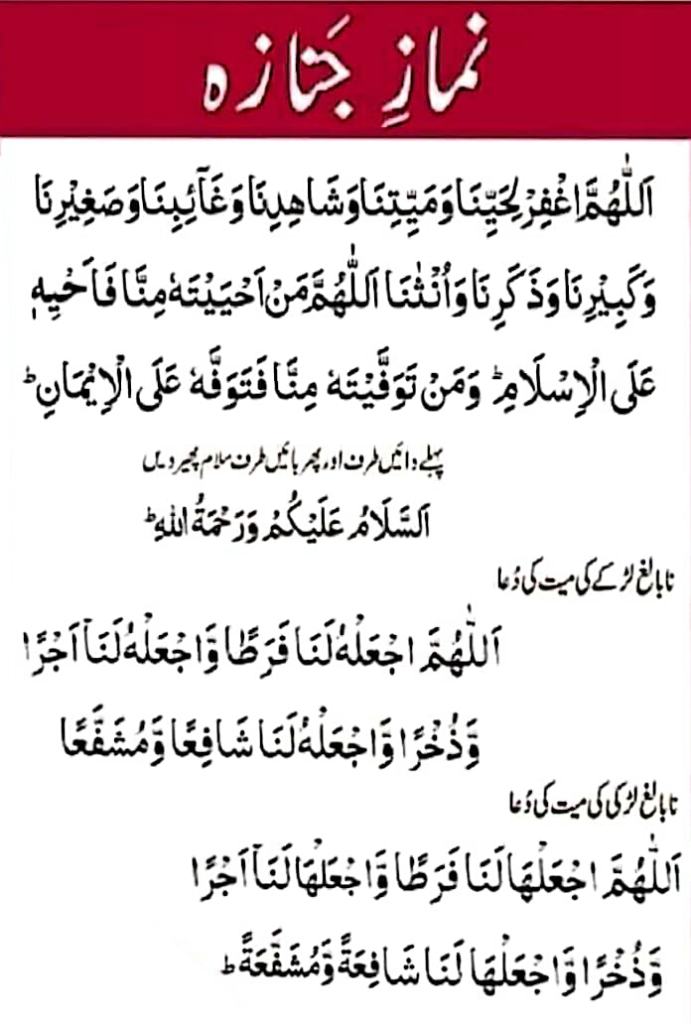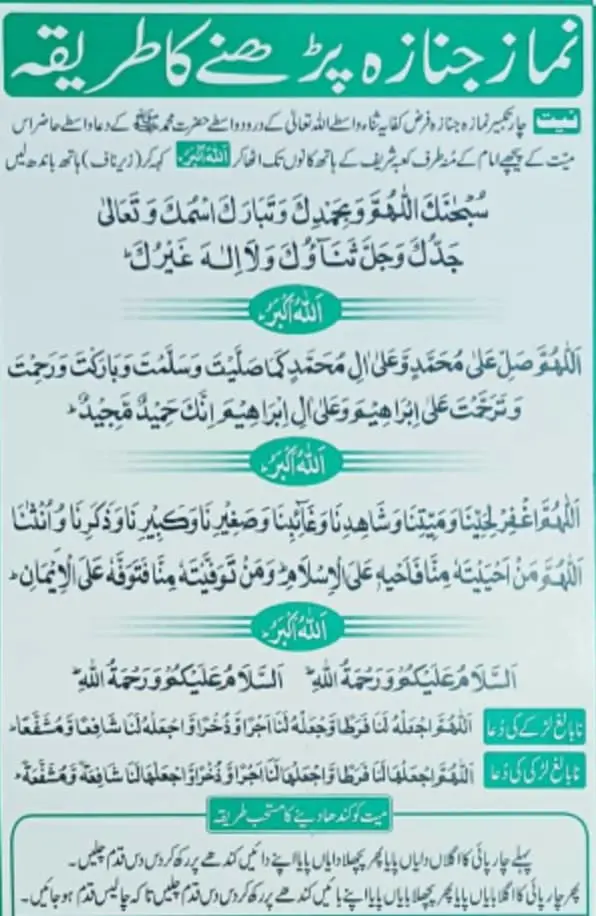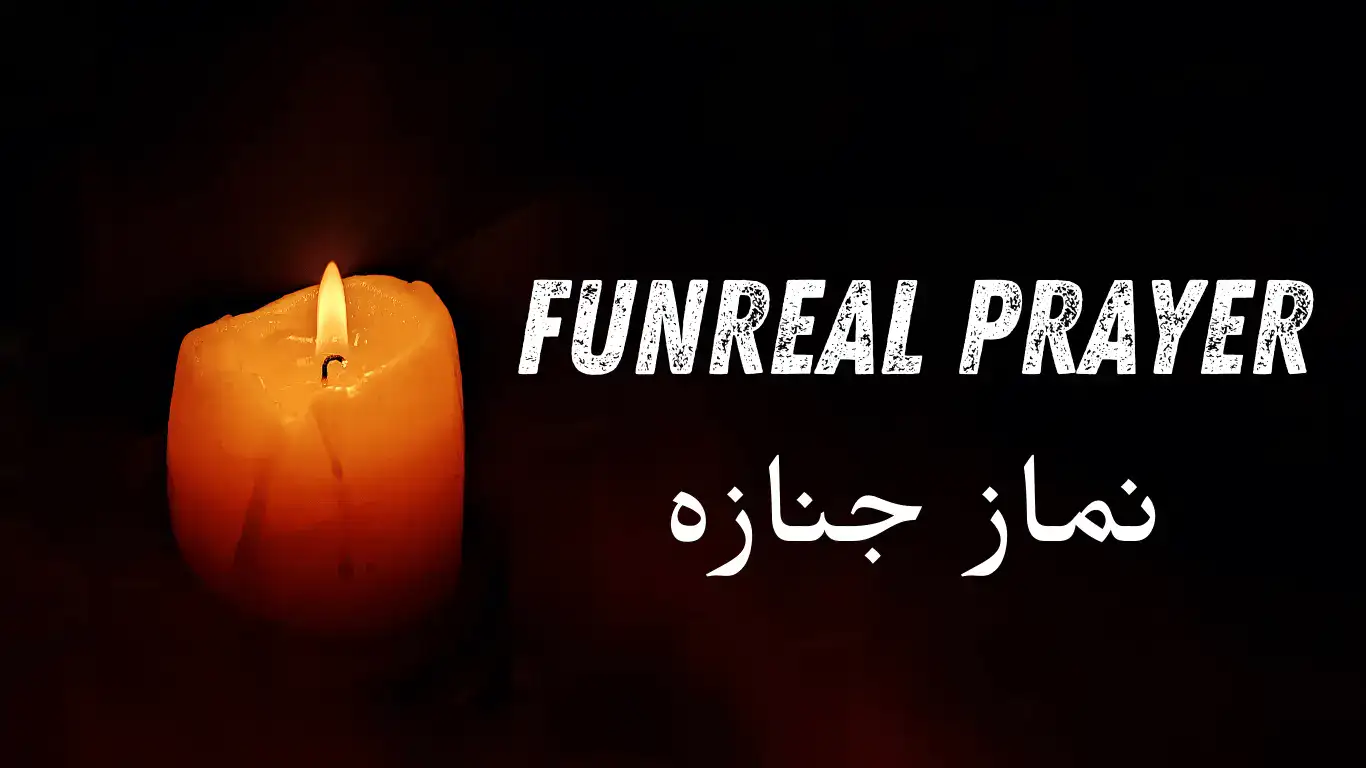Introduction
Namaz e Janaza, or the Islamic funeral prayer, is an essential act of worship in Islam. It reflects the communal responsibility of offering a dignified farewell to a deceased Muslim. This prayer is not just a ritual; it embodies compassion, solidarity, and a reminder of the transient nature of life. In this article, we will explore the significance, procedure, and etiquette of Namaz e Janaza, providing a comprehensive guide that is both informative and respectful to Islamic traditions.
The Importance of Namaz e Janaza with dua
funeral prayer holds a profound place in Islam. It is a collective duty (Fard Kifayah) upon the Muslim community. If some peoples of the community perform it, the obligation is lifted from the rest. However, if no one performs it, the entire community is considered sinful. The prayer is a supplication for the deceased, seeking forgiveness and mercy from Allah (SWT). It also serves as a reminder to the living about the inevitability of death and the importance of preparing for the Hereafter.


How to Perform Funeral Prayer ki dua
Performing funeral prayer is a straightforward process, yet it carries deep spiritual significance. Here’s a step-by-step guide:
- Intention (Niyyah):
Before starting the prayer, make the intention to perform Namaz e Janaza for the deceased. - First Takbeer:
The Imam raises his hands and says “Allahu Akbar,” and the congregation follows without raising their hands. After this, recite Subhanak Allahumma (praise for Allah). - Second Takbeer:
After saying “Allahu Akbar,” recite the Salawat (blessings) upon the Prophet Muhammad (PBUH): Allahumma salli ‘ala Muhammadin wa ‘ala ali Muhammad. - Third Takbeer:
After another “Allahu Akbar,” recite the prayer for the deceased, seeking forgiveness and mercy for them. - Fourth Takbeer:
The final “Allahu Akbar” is followed by a brief supplication, and then the prayer is concluded with Salam to the right and left.

Etiquettes and Guidelines
- Silence and Reverence:
The atmosphere during Funeral Prayer should be one of solemnity and respect. Conversations should be avoided, and the focus should be on the prayer. - Positioning:
The deceased is placed in front of the congregation, with the Imam standing at the head of the body if the deceased is male, or at the middle if the deceased is female. - Inclusivity:
All Muslims, regardless of their age or gender, are encouraged to participate in Funeral Prayer. It is an opportunity for the community to come together and support one another during times of loss.
| Hasbi Allah: Trust in God |
| Ghusal Ka Tarika |
| Dua for New Clothes: A Prayer |
| Wazu Ka Tarika: A Step-by-Step Guide |
Conclusion
namaz e janaza ki dua is more than just a religious obligation; it is an expression of our compassion, our connection to the deceased, and our submission to Allah’s will. By understanding its significance and following the correct procedure, we honor the deceased and remind ourselves of the eternal journey that lies ahead. As Muslims, it is our duty and privilege to perform this prayer with sincerity, humility, and devotion.
FAQs:
Namaz e Janaza is a communal obligation (Fard Kifayah) that emphasizes the importance of seeking forgiveness for the deceased and supporting the bereaved family. It is a reminder of mortality and the need to prepare for the Hereafter.
Yes, women can and are encouraged to participate in Namaz e Janaza. While cultural practices may vary, Islamically, women are not prohibited from attending or performing the funeral prayer.
The essential supplications include Subhanak Allahumma, Salawat on the Prophet (PBUH), and the specific prayer seeking forgiveness for the deceased. These are recited after each Takbeer during the prayer.
